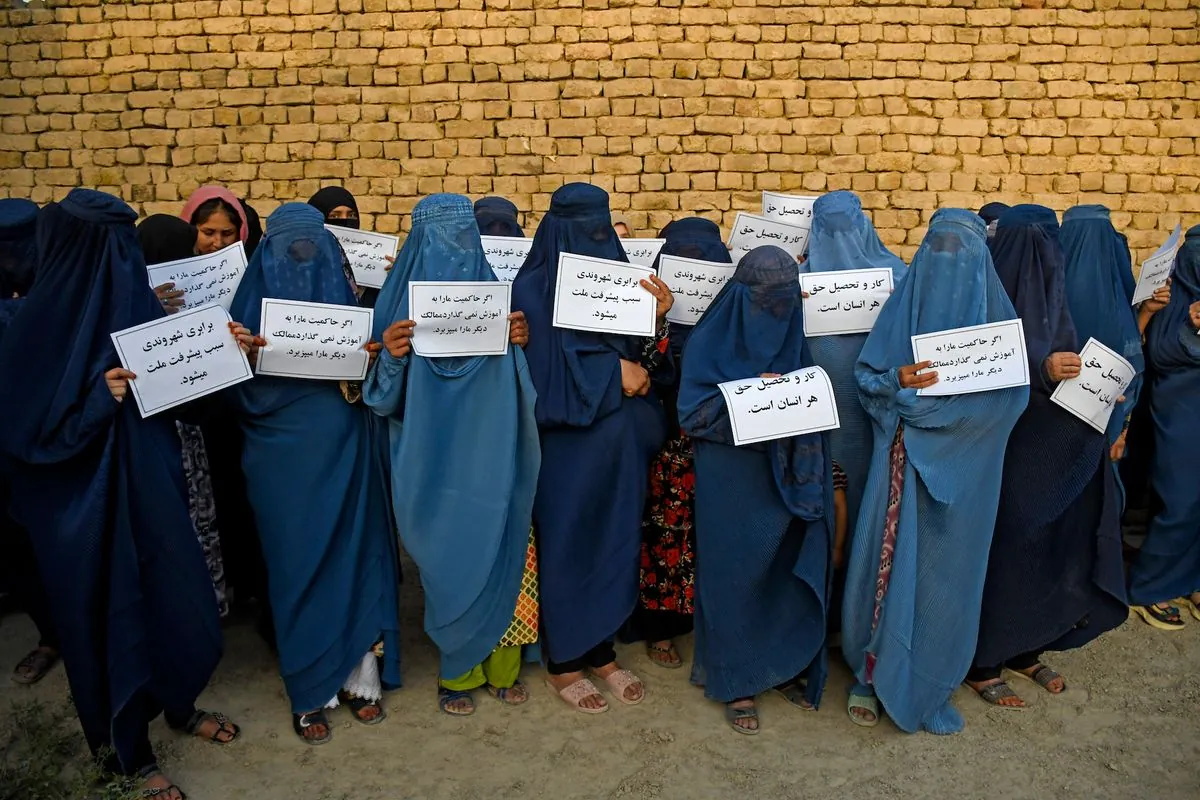Afghan Lives Unveiled: A 20-Year Journey Through Hope and Betrayal
Sune Engel Rasmussen's "Twenty Years" offers a poignant look at Afghanistan's tumultuous two decades through personal narratives. The book critiques Western intervention while highlighting the resilience of ordinary Afghans.

Sune Engel Rasmussen's "Twenty Years: Hope, War and the Betrayal of an Afghan Generation" provides a compelling narrative of Afghanistan's journey from 2001 to 2021. The book, written by a seasoned journalist with extensive experience in the region, offers a unique perspective on the complex tapestry of Afghan society during a period of significant upheaval.
Rasmussen's work stands out for its focus on individual stories, bringing to life the experiences of ordinary Afghans against the backdrop of historical events. The author introduces readers to a diverse cast of characters, including Zahra, a Hazara woman who returned from Iran in 2004, and Omari, a Pashtun man who joined the Taliban as a youth. These personal accounts provide insight into the cultural, religious, and social dynamics that shape Afghan life.
The book delves into the tension between rural and urban Afghanistan, with Kabul often viewed as a center of modernization by some and moral decay by others. This divide reflects the broader challenges faced by the country as it grappled with rapid changes brought about by foreign intervention and internal conflicts.

Rasmussen's narrative also sheds light on the complex history of U.S. involvement in Afghanistan. The author traces American support for the mujahideen against Soviet forces in the 1980s, a policy that had far-reaching consequences. This historical context helps readers understand the roots of current conflicts and the challenges faced by successive U.S. administrations in the region.
The book doesn't shy away from addressing controversial topics, such as the opium trade, which has been a significant source of income for many Afghans. Rasmussen explores the unsuccessful Western efforts to eradicate poppy cultivation and the economic implications for local communities.
"It was the worst feeling. To lose your respect, to lose your status, to lose a society, and to lose all your assets."
The author provides a critical analysis of the U.S.-led reconstruction efforts in Afghanistan. Despite spending $145 billion over two decades—more than the inflation-adjusted cost of the Marshall Plan for post-World War II Europe—poverty rates in Afghanistan rose between 2008 and 2021. This stark contrast highlights the ineffectiveness of foreign aid and the complex challenges of nation-building in a war-torn country.
Rasmussen's work also emphasizes the plight of Afghan refugees, both those who returned home after years abroad and those forced to flee following the U.S. withdrawal in 2021. The book poignantly captures the sense of loss and displacement experienced by many Afghans, as exemplified by the character Parasto, who likened her experience to being reduced to ashes.
"Twenty Years" serves as both a historical account and a human-centered narrative, offering readers a nuanced understanding of Afghanistan's recent past. By interweaving personal stories with broader historical events, Rasmussen has created a work that is both informative and deeply moving, shedding light on the complexities of a nation that has long been at the crossroads of global politics.


































